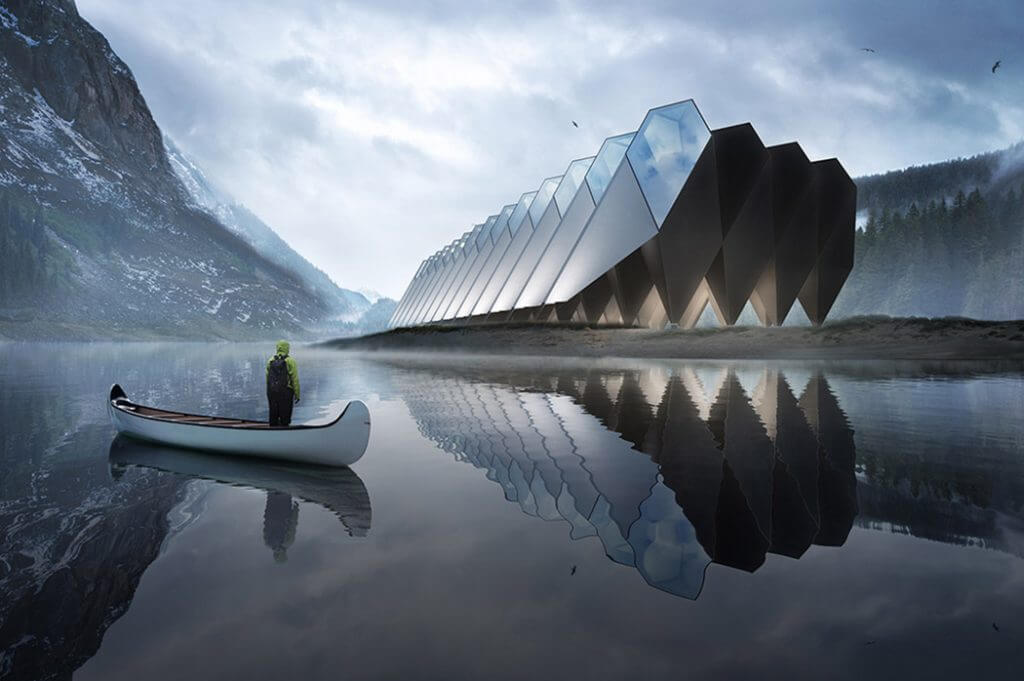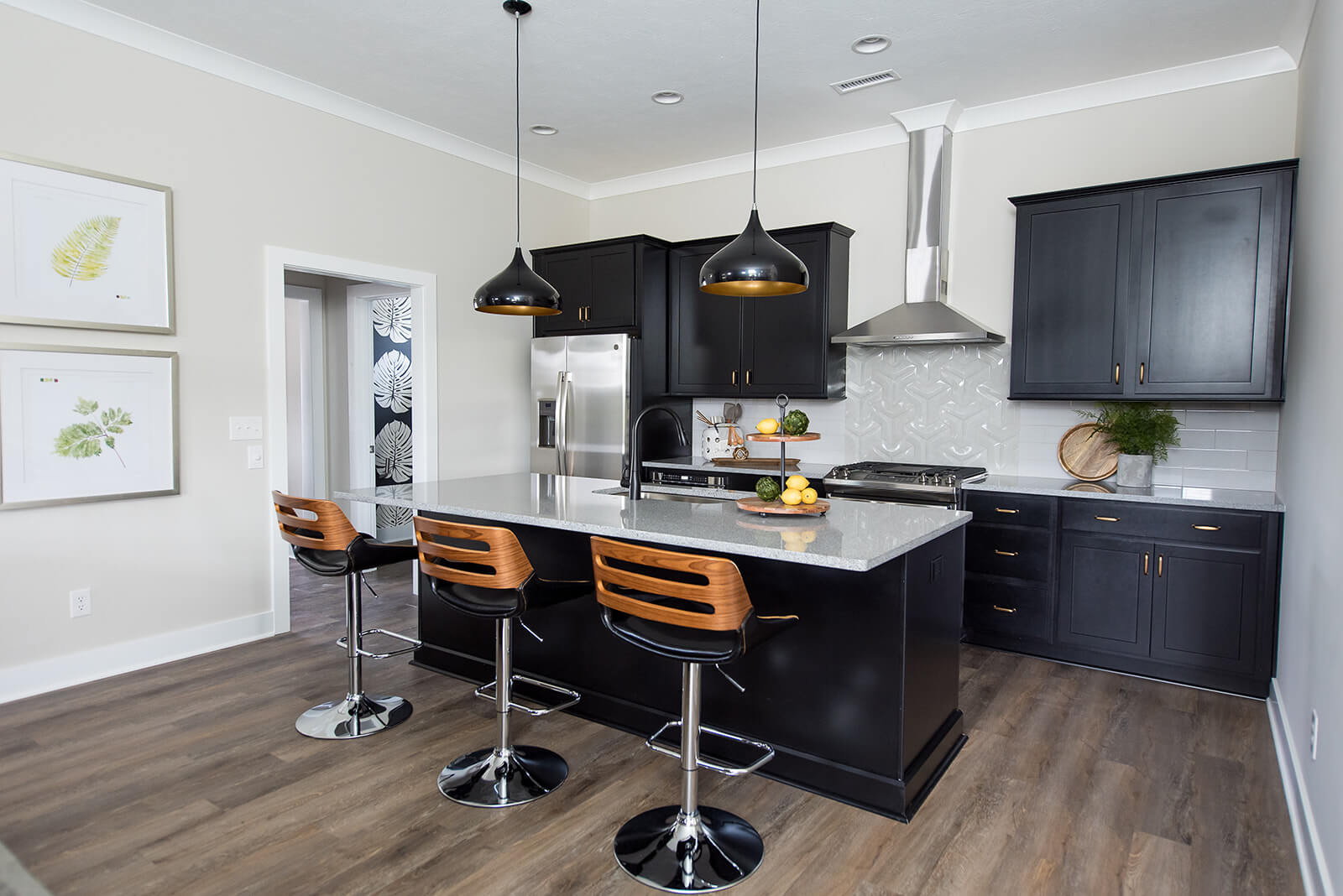What Are The Considerations For Designing Energy-efficient Hotels?

Designing hotels requires careful consideration of various factors to ensure that guests have a comfortable and enjoyable stay. Hotel design is not just about aesthetics, although that is also important. In this article, we will provide an in-depth review of the basic design considerations that every hotel designer should know.
Room Design
The guestroom is the heart of every hotel, and its design should be carefully planned to ensure guests' comfort. Here are some design considerations:
- Room size: Guestrooms should be spacious enough to accommodate luggage, and allow for easy movement around the room.
- Bedding: High-quality bedding is essential to ensure guests' comfort. This includes the size, materials, and thread count of bed sheets, pillows and duvets.
- Lighting: Appropriate lighting is necessary to create a harmonious ambiance. The lighting should be adjustable to cater to guests' needs, such as for reading or relaxation.
- Soundproofing: Guestrooms should be well insulated to minimize any noise from the outside or other rooms.
- Accessibility: Guestrooms should be designed to provide universal accessibility for all guests, including the elderly and people with disabilities.
Lobby Design
The hotel lobby plays a crucial role in the guest's first impression of the hotel. The following design considerations should be kept in mind:
- Space: The lobby should be spacious enough to accommodate guests waiting for check-in and check-out or waiting for their transportation.
- Furniture: The furniture should be comfortable and welcoming, as guests may spend some time waiting in the lobby.
- Lighting: Similar to guestrooms, the lighting in the lobby should be adjustable to create an inviting atmosphere.
- Ambiance: The lobby should convey the hotel's brand and style, so guests can feel the hotel's personality and uniqueness.
- Services: The lobby should offer essential services such as check-in and check-out, concierge, and luggage storage.
Restaurants and Bars Design
Restaurants and bars are not only essential to provide food and drinks, but they can also create a social hub for hotel guests. Here are some design considerations for these areas:
- Layout: The restaurant and bar layout should cater to guests' privacy, socializing, and relaxation, depending on the guest's preference.
- Lighting and Ambiance: Appropriate lighting and ambiance can enhance the dining and drinking experience. Restaurants and bars can also have different themes that convey the hotel's personality.
- Furniture: Comfortable furniture is essential to enjoy the dining and drinking experience fully.
- Services: Restaurants and bars should offer efficient services, including prompt food and beverage delivery, as well as food and beverage variety.
- Accessibility: The restaurant and bar should provide accessibility for all guests, including those with mobility impairments.
- Outdoor dining: If the hotel has outdoor spaces for restaurants and bars, the design considerations must be adapted to cater to the different weather conditions and maintain high hygiene standards.
Spa and Fitness Center Design
Spas and fitness centers are among the most important amenities in hotels, providing guests with relaxation and recreation. Here are some design considerations for these areas:
- Layout: Spa and fitness center layouts should allow guests a comfortable amount of space to move around and exercise.
- Lighting and Ambiance: The lighting and ambiance should promote relaxation for spa areas while encouraging alertness and energy for fitness centers.
- Furniture: The spa and fitness center furniture should provide relaxation and comfort for guests, including seating areas, saunas, and Jacuzzis.
- Services: Spas and fitness centers should offer high-quality services, including workout equipment, fitness classes, and therapeutic spa treatments.
- Accessibility: The spa and fitness center should offer universal accessibility to all guests, including those with mobility impairments.
- Hygiene and cleanliness: Spas and fitness centers should prioritize hygiene and cleanliness to ensure the guests' safety and comfort.
Technology Integration
In today’s digital world, integrating technology in the hotel design is vital to offer the best experience for guests. Here are some design considerations:
- Wi-Fi and connectivity: Hotels must provide high-speed internet access to allow guests to connect to the internet, watch streaming services, and work from their rooms.
- Charging points: In addition to Wi-Fi connectivity, hotels should also offer sufficient charging options to charge guests' devices while they stay.
- Smart Hotel technology: Smart Hotel technology can enhance the guest's stay by easily controlling lighting, temperature, and room service requests.
- Security: As cybersecurity threats increase, hotels must prioritize cybersecurity measures to ensure the protection of guest data and hotel networks.
Environmental Sustainability
Environmental sustainability is a critical consideration in hotel design to reduce the impact of tourism activities on the environment. Here are some design considerations:
- Energy efficiency: The hotels must prioritize energy-efficient solutions such as using motion sensors, smart thermostats, and LED lighting
- Water conservation: Hotels can install low-flow showerheads, faucets, and smart irrigation systems to conserve water.
- Waste management: Hotels should prioritize waste management solutions, such as recycling, composting, and reducing plastic waste.
- Green Initiatives: Hotels can advocate green initiatives such as environmental education, conservation, and use of locally sourced products.
Frequently Asked Questions
Why is hotel design essential?
Hotel design is crucial because it determines guests' comfort, safety and can impact guests' overall experience. A well-designed hotel can offer a competitive advantage and attract more guests.
What are the essential design considerations for a hotel?
The essential design considerations for a hotel include room design, lobby design, restaurant and bar design, spa, and fitness center design, technology integration, environmental sustainability, accessibility, and safety.
What role does technology play in hotel design?
Technology plays a vital role in hotel design to provide the best experience for guests, including Wi-Fi connectivity, smart hotel technology, and security measures.
What is the importance of environmental sustainability in hotel design?
Environmental sustainability is crucial in hotel design to reduce the impact of tourism activities on the environment, conserve natural resources, and promote green initiatives.
What are energy-efficient solutions that hotels can implement?
Hotels can implement energy-efficient solutions such as using motion sensors, smart thermostats, and LED lighting to reduce energy consumption and cost.
How can hotels implement waste management solutions?
Hotels can implement waste management solutions such as recycling, composting, reducing plastic waste, and advocating for green initiatives to reduce their environmental impact.
What is the role of accessibility and safety in hotel design?
Accessibility and safety are essential aspects of hotel design to ensure universal access for all guests, including people with disabilities, and promote a safe and secure environment for guests.
Design considerations for hotels play an essential role in ensuring guest's comfort, safety, and enjoyment. Hotels that take the time to consider these factors can provide the best possible experience for their guests. Hotel design is an ever-evolving landscape, and designers must keep up with the times to ensure hotels stay relevant. By taking a holistic approach to design considerations, hotels can future-proof their designs and offer the best possible experience for guests.



Post a Comment for "What Are The Considerations For Designing Energy-efficient Hotels?"